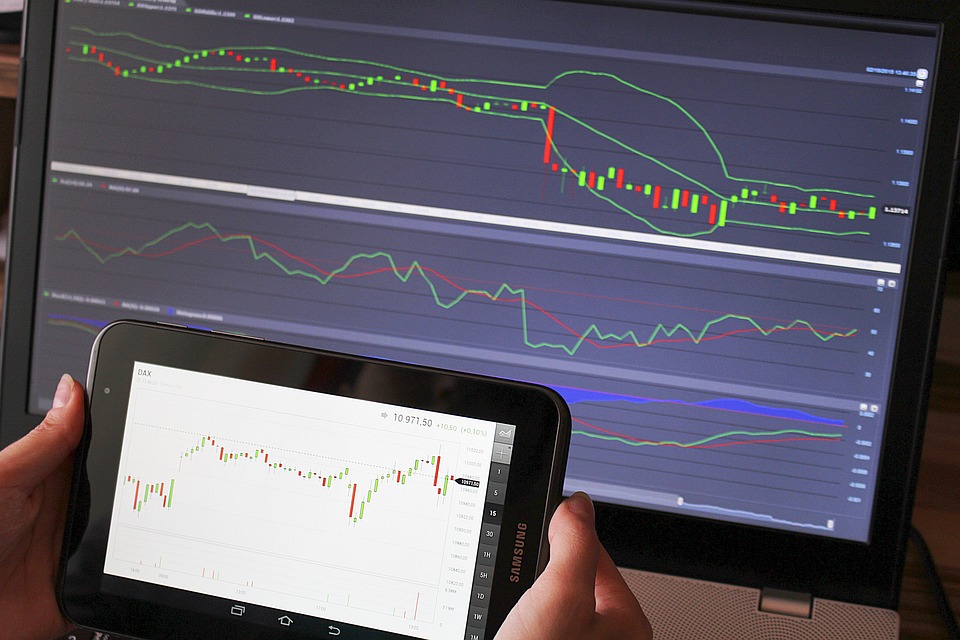
One of the key psychological factors that influence market behavior is fear and greed. Fear of losing money often leads traders to make irrational decisions, such as selling their positions too soon or holding onto losing trades for too long. On the other hand, greed can result in traders taking unnecessary risks or chasing after high returns without considering the potential downside.
Another important psychological factor in trading is overconfidence. Many traders believe that they can outsmart the market and consistently beat the odds. This overconfidence often leads to excessive risk-taking and can result in substantial losses. It is essential for traders to remain humble and to realize that the market is unpredictable and uncontrollable.
Additionally, confirmation bias plays a significant role in trading behavior. Traders tend to seek out information that confirms their existing beliefs while ignoring contradictory evidence. This can lead to making impulsive decisions based on incomplete or biased information. To combat confirmation bias, traders should actively seek out opposing viewpoints and consider alternative scenarios before making a trade.
Furthermore, herd mentality is another psychological aspect that can impact market behavior. When a large number of traders act in unison, it can create momentum in the market, leading to trends and patterns that may not be rational or based on fundamentals. Traders should be wary of following the crowd blindly and should always conduct their own research and analysis before making a trade.
To navigate the complex world of trading successfully, it is essential for traders to understand the psychological factors that drive market behavior. By recognizing and managing emotions such as fear, greed, overconfidence, and confirmation bias, traders can make more informed decisions and improve their chances of success in the financial markets. Additionally, staying disciplined, developing a solid trading plan, and constantly learning and adapting to market conditions are crucial to becoming a successful trader. Ultimately, mastering the psychology of trading is just as important as understanding technical analysis and fundamental factors in achieving long-term profitability in the markets.






